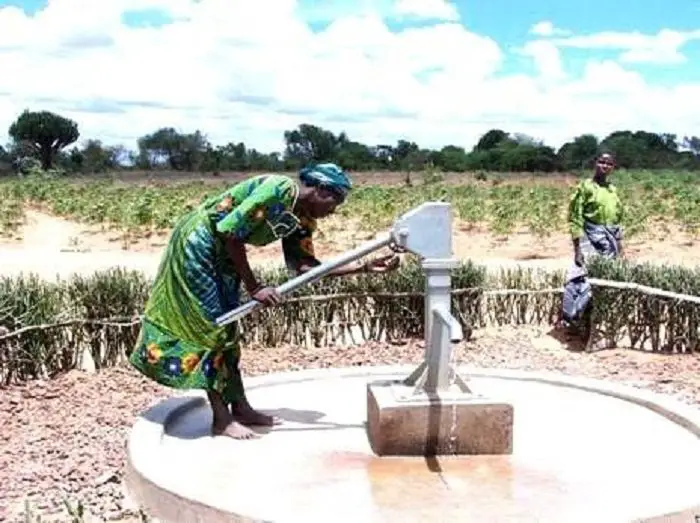Widespread calls for a ‘collective action’ to tackle water scarcity were raised at the 2030 Water Resources Group (2030 WRG) Tanzania Partnership annual meeting that was held recently.
The public-private-civil society partnership, that helps government water officials and other water sector specialists to accelerate reforms to ensure sustainable water resource management, heard from some 100 partners working in the Pangani and Great Ruaha basins in addition to representatives from government working at catchment and central ministry levels.
The deputy minister for Water and Irrigation, Mr Isack Kamwelwe, said working with the government, the 2030 WRG Tanzania Partnership’s has had a number of achievements regarding the need to tackle water challenges faced by communities, farms and enterprises in many parts of the country.
“I urge you to join and learn together from such initiatives that pledge catchment restoration, innovative financing to water resources, uptake and rollout of efficient water use standards and enhancing governance of water resources.”
He thanked businesses for supporting the partnership.
A board member of the Southern Agricultural Corridor of Tanzania, Mr Simon Bell, echoed similar sentiments: “As water is multi-sectoral, the critical part is co-ordination and integration – bringing the private sector, public sector and civil society together.
2030 Water Resources Group Tanzania Partnership can bring people together for a coherent vision and shared plan,” he said.
Financing to address water sustainability was considered a critical issue by participants in the Dar es Salaam meeting, with a senior policy advisor at The Nature Conservancy civil society organisation, Ms Lucy Magembe, calling upon participants to think about sustainable finance for water resource management.
“Smart finance mechanisms are key to funding initiatives for tackling water insecurity, supply challenges, growing demand and environmental degradation,” she said.
The executive director of the 2030 WRG, Mr Anders Bentell, explained how the partnership was working with the government to develop innovative financing arrangements for micro-irrigation economic gains for small-scale farmers.
According to a scientific and regulatory affairs manager from Nestle, Ms Marsha Macatta-Yambi, by 2030 globally there will be 40 per cent ‘gap’ between water demand and supply .

